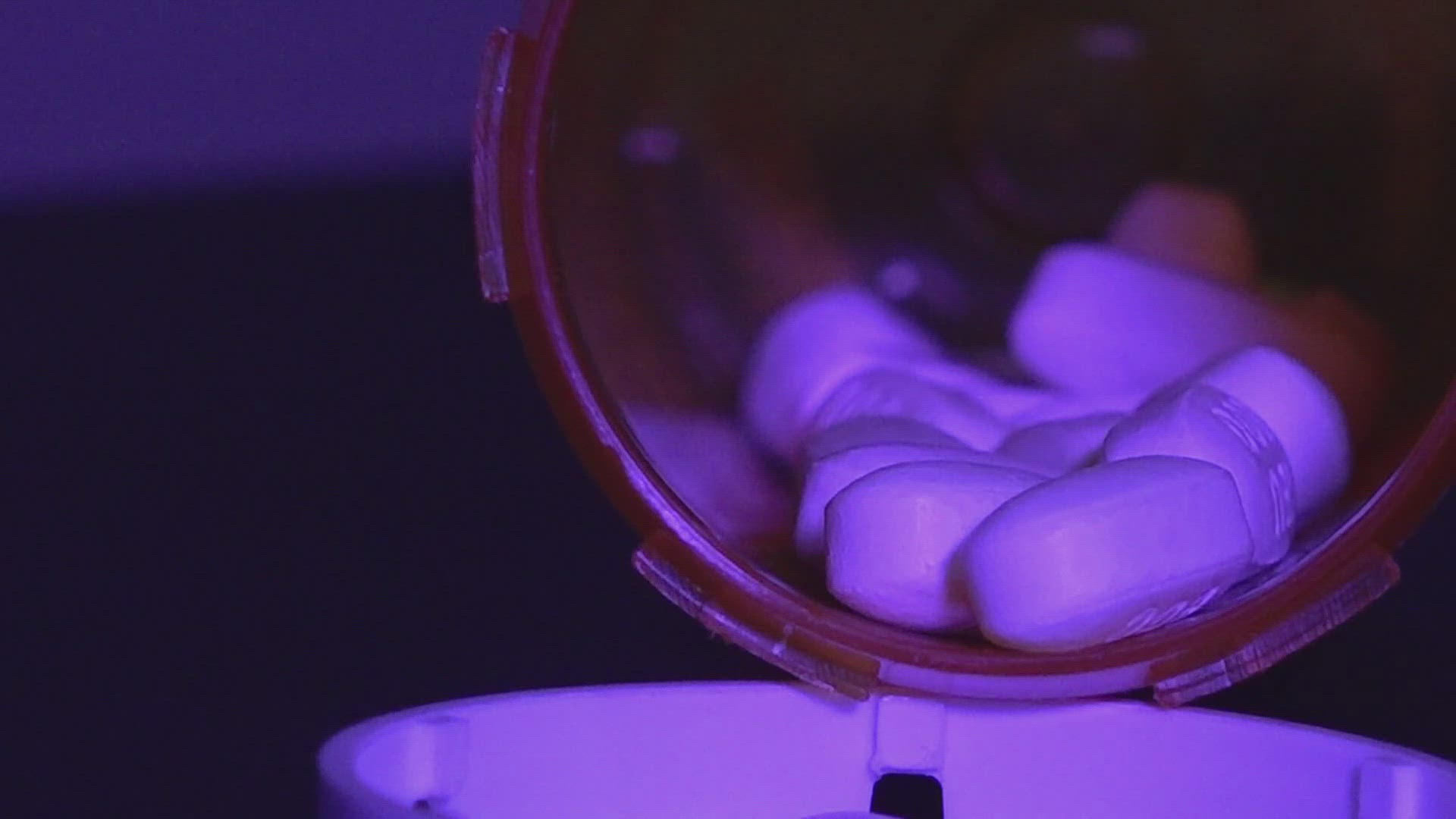KNOXVILLE, Tenn. — The Supreme Court said it would hear arguments on Tennessee's law restricting transgender youth's access to many kinds of gender-affirming care. While the court is expected to hear those arguments next fall, the state's top prosecutor said Monday that the case could have far-reaching impacts.
"It will be the first time they've taken up something for transgender care related to youth, and it will be the first time they've taken up a constitutional question involving gender identity issues. So potentially, this could be a pretty big case," said Jonathan Skrmetti, the Tennessee Attorney General.
The American Civil Liberties Union sued the state in April 2023 after the state's law restricting transgender minor's access to gender-affirming care went into effect, filing a lawsuit on behalf of three Tennessee families and a doctor in the state. The plaintiffs said their children were harmed by the law, losing access to vital medical care they were already receiving.
Skrmetti said the law was passed to protect children.
"The view in Tennessee is kids can't consent to these life-altering interventions. There are other states that want to protect them, but our position in Tennessee is it should be up to the people's elected representatives, rather than the courts, to decide what the regulations on medicine should be," said Skrmetti. "There are a lot of reasons to be concerned that there have been really big changes in a short time, and in situations like that, democracy is the answer."
The lawsuit said the type of medical care the law restricts is mostly used to help treat gender dysphoria. They include hormone treatments and puberty blockers, used to help prevent the onset of puberty which could intensify gender dysphoria among transgender youth.
"The major medical and mental health associations support the provision of such care and recognize that the mental and physical health benefits to receiving this care outweigh the risks," the lawsuit said.
It also said most mainstream medical groups like the American Academy of Pediatrics, the American Medical Association, the Endocrine Society, the Pediatric Endocrine Society and the American Psychological Association approve of its use.
According to the Endocrine Society Guidelines, adolescents are only eligible for puberty-delaying treatment if a mental health professional confirms several aspects of a patient's health. They need to confirm that the adolescent has a long-lasting pattern of gender dysphoria, that it worsened with the onset of puberty and they have sufficient "mental capacity" to consent to the treatment.
In June 2023, a district court blocked the state's law restricting transgender youth's access to gender-affirming care from going into effect. In September 2023, a federal appeals court overruled that decision and allowed the law to go into effect. In the court's opinion, justices in the federal appeals court cited the Dobbs v. Jackson Women's Health Organization in many of its conclusions.
The appeals court said no tradition exists in the U.S. to determine what "level of generality" a parent can have to make decisions for their children.
"I think it's right that we're careful about this. I think it's important that we're paying attention to the evidence and not just the consensus. And I think it's great that the court is going to finally give us some clarity on these issues," Skrmetti said. "Everybody is only viewing this stuff through the lens of the immediate future, but the court's trying to write decisions that are going to last for a long, long time, because what seems like the outcome of the case now may be totally different 50 years from now."
The lawsuit argued the law violates the 14th Amendment of the U.S. Constitution by blocking hormone therapy for transgender minors but allowing similar treatments for cisgender minors. The lawsuit also argues that the law violates the right to parental autonomy and is preempted by the Affordable Care Act.



